Short Stories
Short Stories are brief fictional works that focus on concise storytelling, often highlighting a single theme or moment.
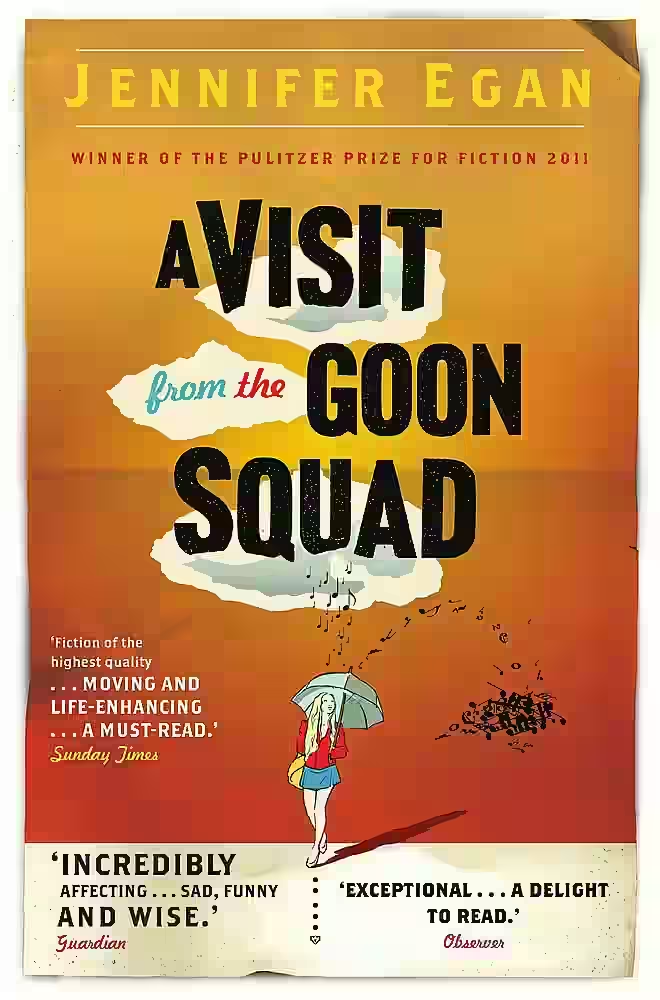
A Visit from the Goon Squad
Jennifer Egan's 'A Visit from the Goon Squad' is a unique and compelling novel that weaves together interconnected stories of characters whose lives are deeply affected by the music industry, time, and the passage of years. Through a non-linear narrative structure, Egan explores themes of aging, memory, ambition, and the way technology shapes our relationships and identities. With rich character development and innovative storytelling techniques, the book offers a poignant reflection on the transient nature of fame and the complexities of human connections. 'A Visit from the Goon Squad' is a thought-provoking and intricately crafted work that challenges traditional storytelling conventions.
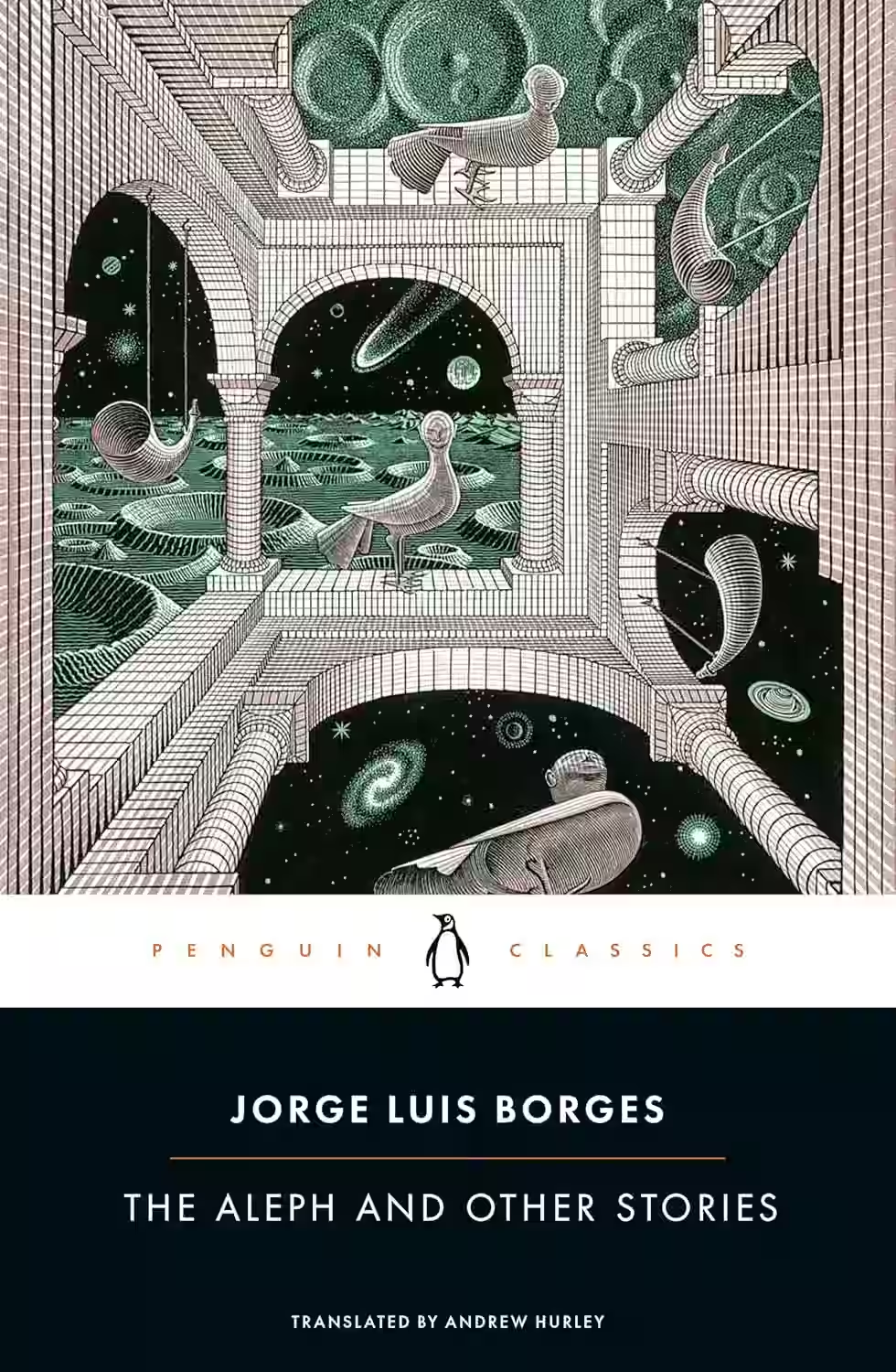
The Aleph
The Aleph is a collection of short stories by Argentine writer Jorge Luis Borges, blending metaphysics, literature, and fantasy. The title story centers on a man who discovers a point in space—the Aleph—that contains all other points, allowing him to see the entire universe simultaneously. The collection explores themes of infinity, memory, identity, and the nature of reality, often through imagined texts, paradoxes, and labyrinths. Rich in philosophical depth and literary allusion, The Aleph exemplifies Borges’ unique style: intellectually rigorous yet imaginatively expansive. These stories challenge perception and remain profoundly influential in both world literature and speculative fiction.
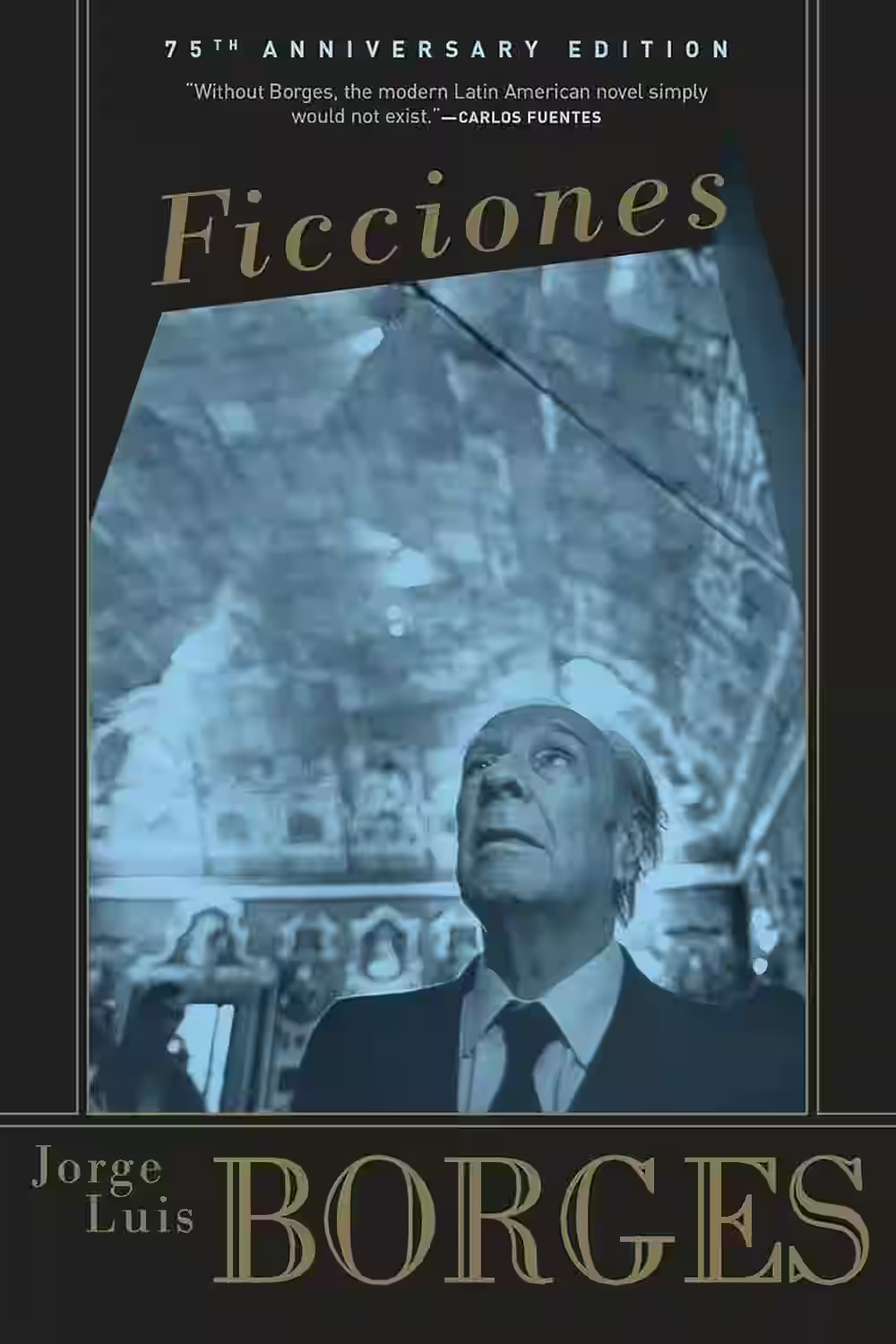
Ficciones
Ficciones is a celebrated collection of short stories by Argentine author Jorge Luis Borges, blending philosophy, literature, and speculative fiction. Each story is a mind-bending exploration of reality, time, identity, and infinity. Borges uses fictional texts, labyrinths, mirrors, and imagined worlds to question the nature of truth and knowledge. Highlights include “The Library of Babel,” where the universe is imagined as an infinite library, and “Tlön, Uqbar, Orbis Tertius,” about a fictional world overtaking reality. Rich in allusions and intellect, Ficciones is a masterwork that continues to influence writers, philosophers, and readers around the globe.
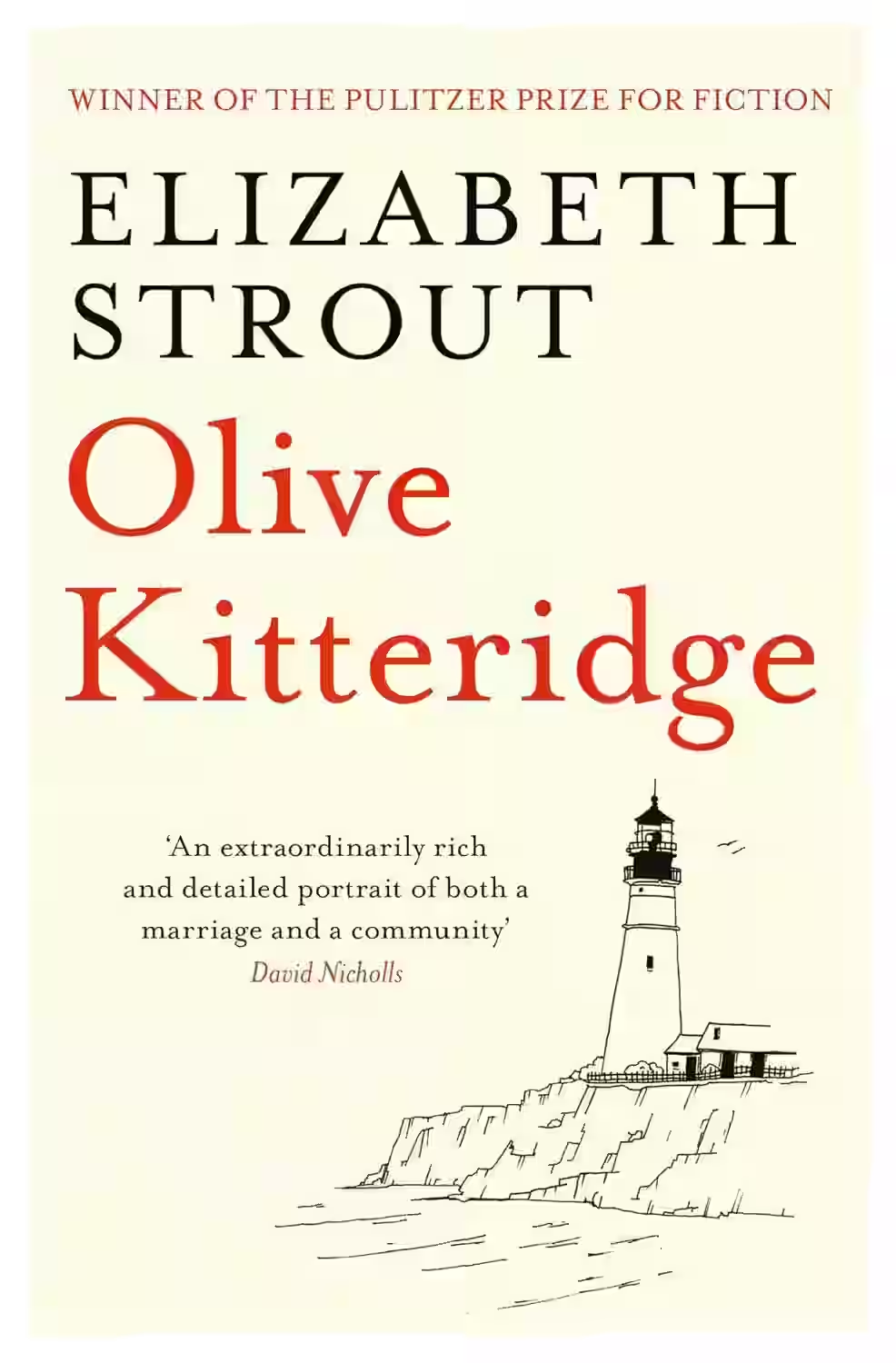
Olive Kitteridge
Elizabeth Strout's 'Olive Kitteridge' is a poignant and deeply moving collection of interconnected short stories set in a small coastal town in Maine. Through the character of Olive Kitteridge, a complex and often prickly retired schoolteacher, Strout delves into themes of love, loss, regret, and redemption. The narrative weaves together various perspectives of the townspeople, highlighting the nuances of their relationships and the struggles they face. The raw honesty and emotional depth of the stories invite readers to contemplate the complexities of human nature and the ways in which we navigate our interconnected lives.
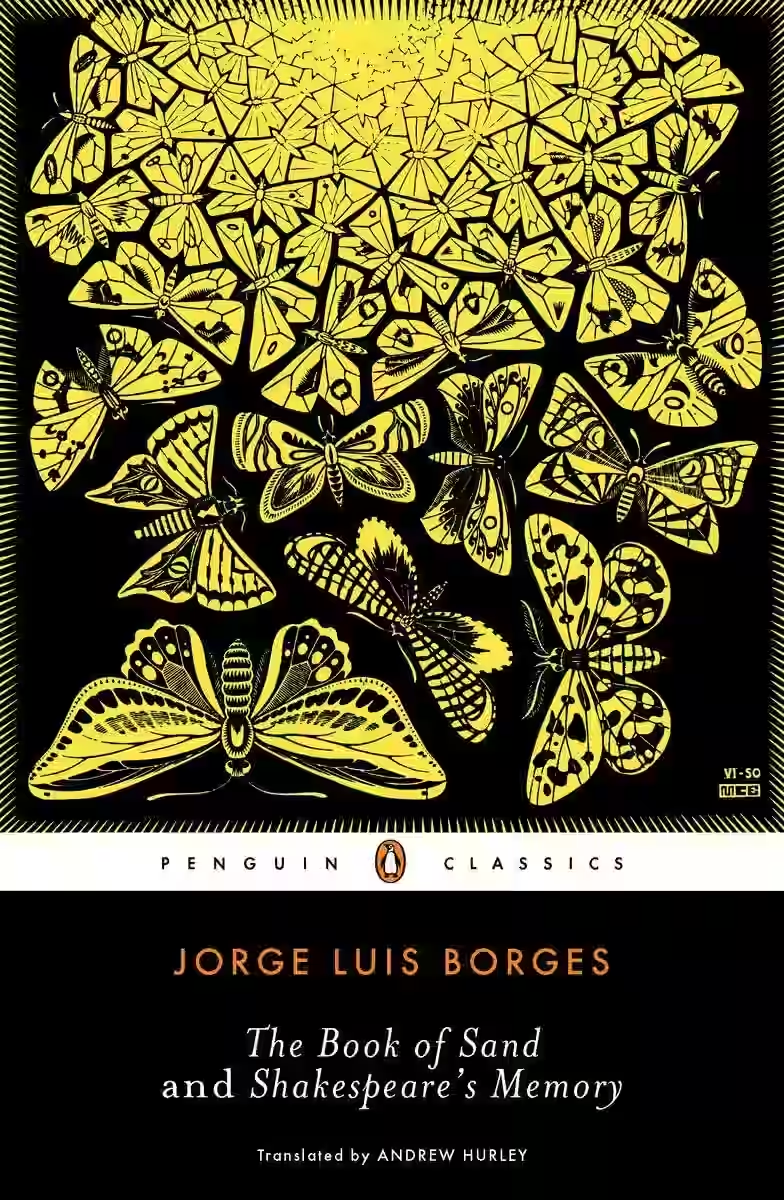
The Book of Sand
The Book of Sand by Jorge Luis Borges is a haunting short story exploring the infinite and unknowable. Narrated by a retired librarian, the tale follows his encounter with a mysterious book—a volume without beginning or end, its pages rearranging themselves endlessly. As the narrator becomes obsessed, the book’s paradoxical nature leads him into existential dread and a loss of control. Borges uses this fictional artifact to meditate on the nature of infinity, obsession, and the limits of human understanding. A masterful blend of metaphysical horror and philosophical reflection, the story is a chilling reminder of knowledge’s seductive and perilous power.

The Secret Lives of Church Ladies
Deesha Philyaw's 'The Secret Lives of Church Ladies' is a poignant and richly composed collection of nine short stories exploring the lives of Black women intricately linked to the cultural and religious fabric of their communities. Through vivid and evocative prose, Philyaw delves into themes of sexual longing, self-discovery, and the contradictions between religious devotion and personal desire. Each story reveals layers of complexity and emotional depth, offering nuanced portraits of women navigating their faith, familial expectations, and the pursuit of personal freedom. The insightful portrayal of these resilient characters provides a refreshing and compelling look at the intersection of spirituality and individual identity, leaving a lasting impression on its readers.

The Drover's Wife
by Leah Purcell
In this bold reimagining of Henry Lawson’s short story, Leah Purcell recasts the drover’s wife as a fierce, gun-toting Indigenous woman defending her home and children in the Australian outback. Blending frontier grit with cultural identity, The Drover’s Wife examines race, gender, and survival with raw intensity. Both a novel and a powerful feminist statement, it reclaims and expands a classic narrative from an Indigenous Australian perspective.
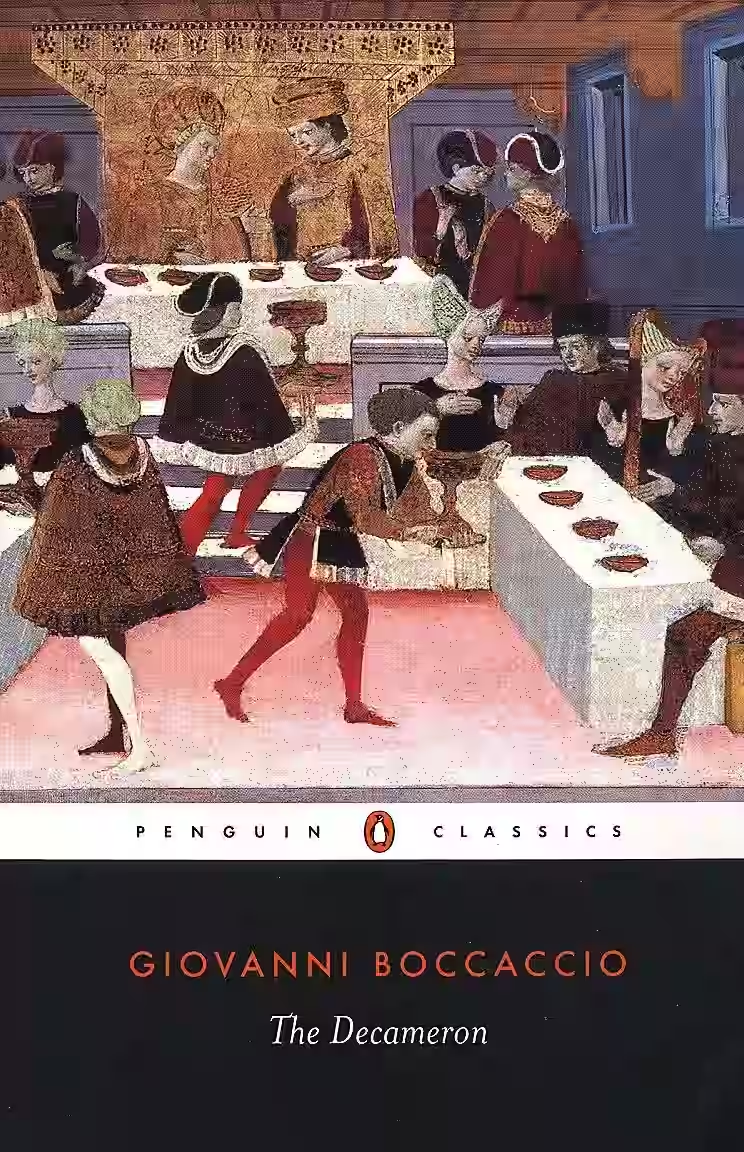
The Decameron
During the Black Death, ten young people flee Florence and tell stories to pass the time in seclusion. Their 100 tales span comedy, tragedy, love, and morality, offering a window into medieval life and human nature. The Decameron is a foundational work of Western literature, blending realism and allegory with wit and insight, and inspiring countless writers from Chaucer to Shakespeare.

Just One Night
by Gayle Forman
Series: Just One Day (#3)
In 'Just One Night,' Gayle Forman brings closure to the beloved story of Allyson and Willem, protagonists of 'Just One Day' and 'Just One Year.' This short yet impactful novella follows the duo as they navigate the aftermath of their prolonged separation and anticipate a reunion that promises to transform their lives. Forman expertly captures the themes of love, chance, and the power of choice, while shedding light on the intricacies of human connection and redemption. Through a blend of heartfelt dialogue and poignant prose, the story reinforces the idea that sometimes a single night can change everything, ideally rounding off the emotional journey of young love and self-discovery.
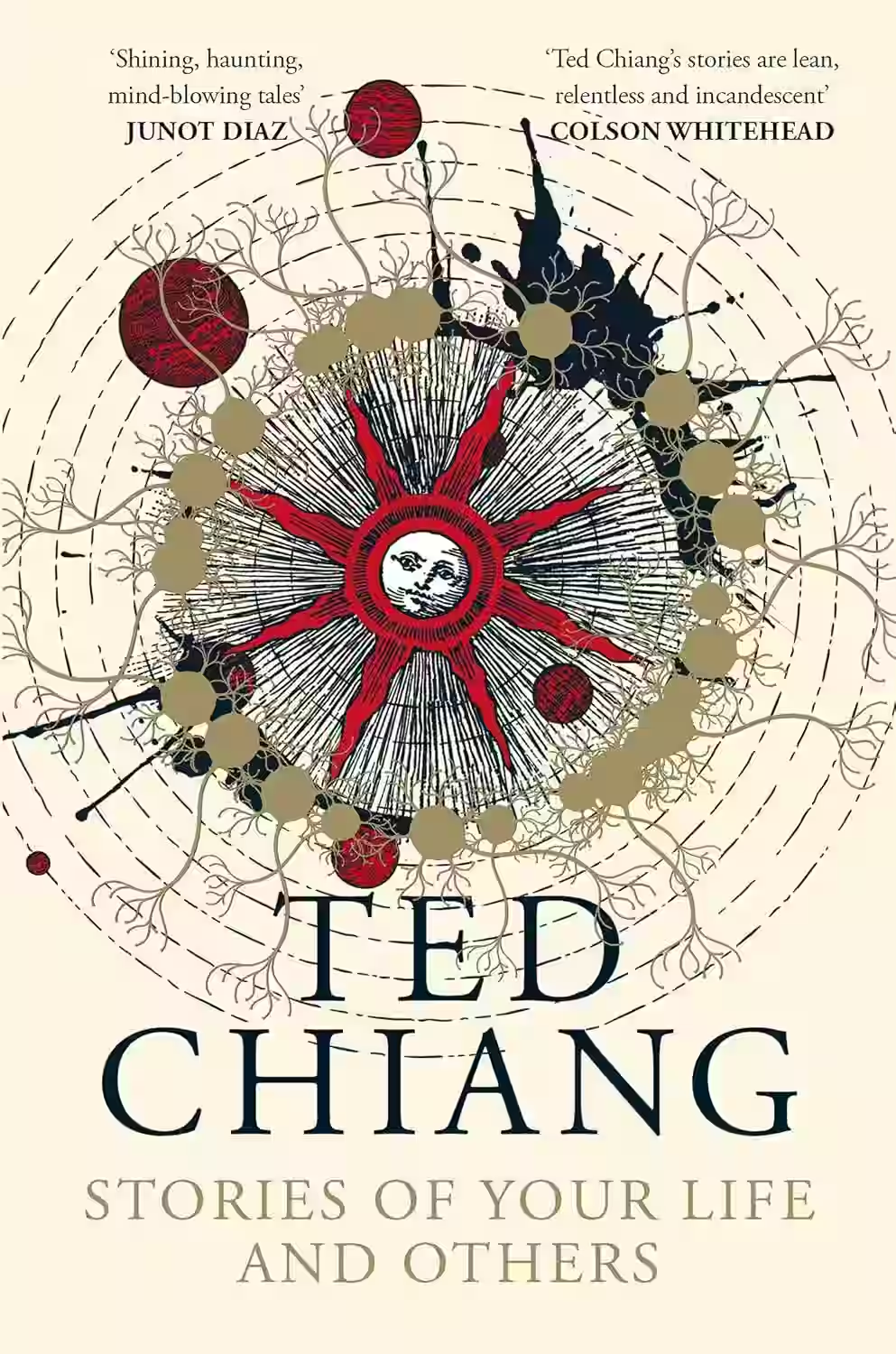
Stories of Your Life and Others
by Ted Chiang
Ted Chiang's Stories of Your Life and Others is a collection of eight thought-provoking science fiction tales that delve into themes of language, time, and human experience. The titular story, "Story of Your Life," explores a linguist's interaction with alien visitors and the nonlinear perception of time, inspiring the film Arrival. Each narrative challenges readers to contemplate philosophical and ethical dilemmas, blending scientific concepts with emotional depth. Chiang's meticulous storytelling invites reflection on the complexities of existence and the boundaries of human understanding.
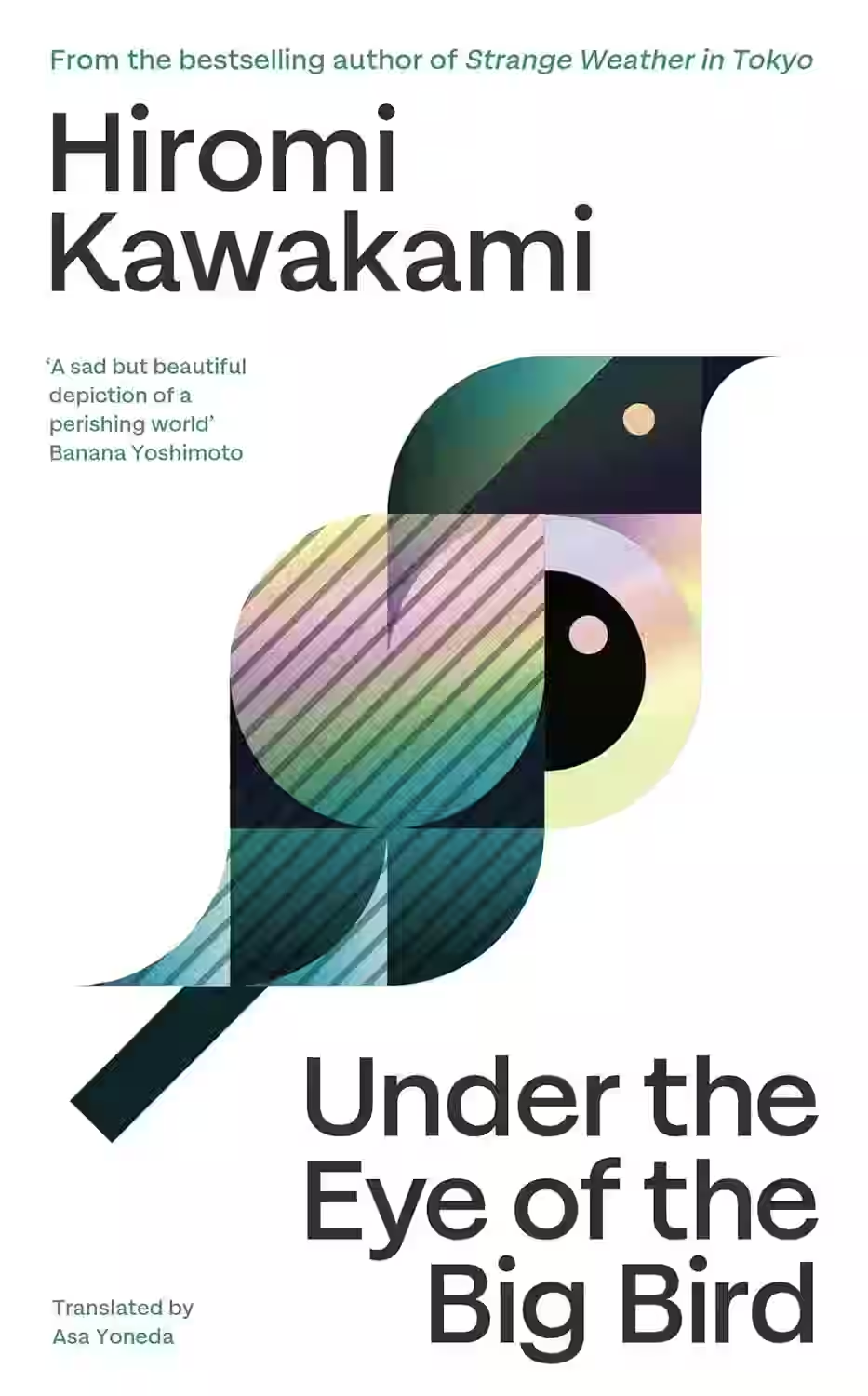
Under the Eye of the Big Bird
Hiromi Kawakami's "Under the Eye of the Big Bird" is a speculative fiction novel that imagines humanity on the brink of extinction in a distant future. Shortlisted for the International Booker Prize 2025, it unfolds over geological eons through a series of interconnected vignettes. In this future, humans live in small, isolated tribes, often overseen by AI entities known as "Mothers." Kawakami explores diverse forms of humanity and reproduction, with some children created in factories from animal cells, and others sustaining themselves like plants. The novel delves into profound questions about what it means to be human, examining themes of evolution, survival, love, connection, and the intricate relationship between humanity and technology. It's a meditative and unsettling vision of a faltering world, yet it also touches upon the resilience and enduring, if flawed, nature of human beings.
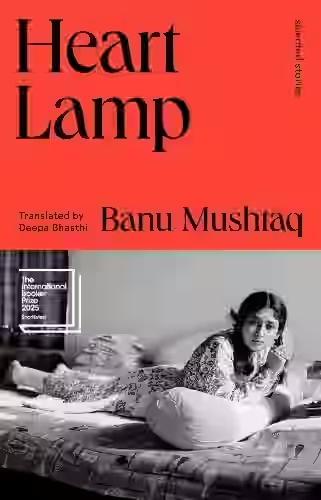
Heart Lamp
by Banu Mushtaq
Banu Mushtaq's "Heart Lamp," translated by Deepa Bhasthi, is the groundbreaking winner of the 2025 International Booker Prize. This collection of twelve short stories, written over three decades, offers exquisite and often poignant insights into the everyday lives of women and girls in Muslim communities across southern India. Mushtaq, a lawyer and activist, draws on her years tirelessly championing women's rights and protesting oppression, infusing her narratives with wit, vivid imagery, and a compelling blend of colloquial and excoriating tones. The stories delve into themes of family, community tensions, reproductive rights, faith, caste, power, and oppression, showcasing the resilience, resistance, and sisterhood of her characters. "Heart Lamp" is celebrated for its radical translation, which preserves the multilingual richness of southern India, creating "new textures in a plurality of Englishes."

A Short Stay in Hell
In 'A Short Stay in Hell' by Steven L. Peck, the protagonist Soren Johansson finds himself in a vast library after his death, where he discovers that his version of the afterlife involves an eternity of reading every book ever written in a search for the one that contains the story of his own life. As Soren grapples with the incomprehensible scale of the library and the philosophical implications of his new reality, the book delves into profound themes of existence, free will, and the nature of consciousness. Peck's exploration of the limits of human knowledge and the vastness of the universe will challenge readers' perspectives on life and death.